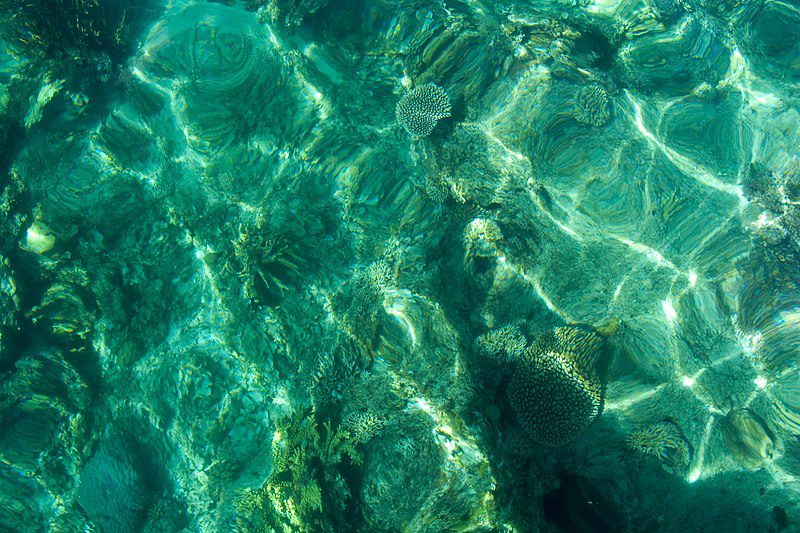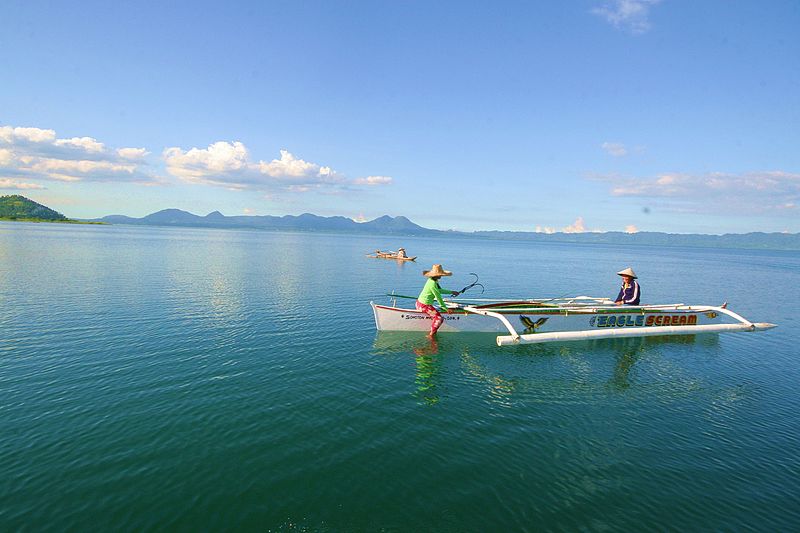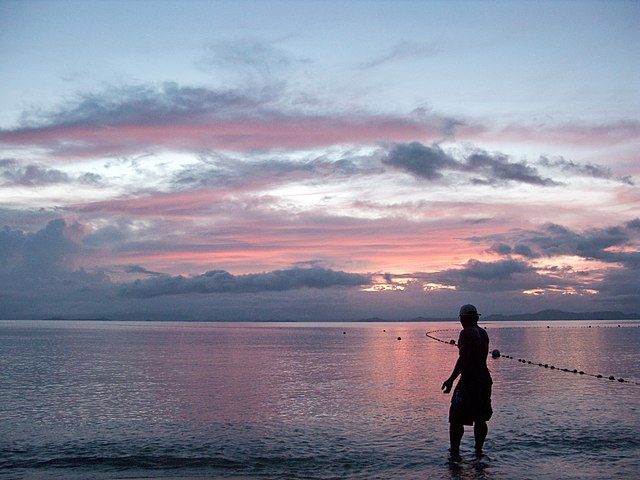World Oceans Day: Access to Information and Sustainable Development
Back to Posts
June 8th marks World Oceans Day, a date recognized by the United Nations to spread awareness about our oceans, and the incredible amount of resources they provide us, from oxygen and water to food and work opportunities.
As UN Secretary-General António said, “[I]t is time to realize that, to achieve the Sustainable Development Goals and the objectives of the Paris Agreement on climate change, we urgently need collective action to revitalize the ocean. That means finding a new balance in our relationship with the marine environment.”
To go deeper into this topic, SCWIST recently interviewed a research associate in STEM working at the Institute for the Oceans and Fisheries at the University of British Columbia. We reached out to learn more about her work and experience working in the Ocean field.
Introducing Dr. Deng Palomares, Senior Scientist and Project Manager at Sea Around Us

Dr. Maria Lourdes ‘Deng’ Palomares is a Senior Scientist and Project Manager at Sea Around Us. She is one of the creators of and, since 2005, has been the leader of SeaLifeBase, a biodiversity information system on the world’s marine organisms other than fish, which is patterned after FishBase, the fish biodiversity information system on the world’s fishes. Deng helps with moulding the scientific thrusts (e.g., in defining projects, and the workflow associated with producing deliverables in a timely manner) of the Philippine NGO, Quantitative Aquatics, as its Science Director.
During our interview with Deng, she told us more about why she decided to pursue this field of work. She mentioned the impact of watching Jacques Cousteau’s underwater diving videos, which showed pristine marine ecosystems and how reading Peter Benchley’s novel “The Girl of the Sea of Cortez” made her dream of swimming among schools of fish.
Rachel Carson’s “The Sea Around Us” made her fear losing the Sea of Cortez that appeared in her dreams. Also impactful were her memories of swimming in the crystal clear waters of Manila Bay when she was a kid and going on Sunday picnics with her parents at the beach in the 1960s.
When Deng was in university in the late 1970s, she saw changes take place in Manila Bay, turning into murky polluted waters. She wanted to know why this happened and maybe do something about it. But it was a teacher that mentored her and got her started in the field.
“My high school science teacher who was trained at the University of Hawaii cultured and nurtured the marine scientist in me. Daniel Pauly convinced me that it is possible to be from a developing country and be a scientist and later on mentored me to reach the place where I am now, after more than 30 years of collaborative research,” explained Deng.
Can you share some news on what have you been working on recently?
“In developing countries, scientific advances used to be and still are slow, because knowledge was and, in some cases, still is practically hidden (at least before the World Wide Web) because access to knowledge banks such as books and journals were subscription-based. It is still very expensive to publish scientific results as open access publications.
Our global information systems on fish (FishBase), and other marine organisms (SeaLifeBase), as well as on fisheries catches and related information (Sea Around Us), provide data to Civic Society accessible via the internet and where information can be downloaded free of charge. This, in part, solves the issue of accessibility of scientific results.
Growing up under the martial law regime of Ferdinand Marcos, where freedom of expression and thought were summarily cancelled, I realized at that young and rebellious age that knowledge is freedom, and having and making use of it builds capacity. But knowledge has to be shared freely and made easily available.”

What is your experience as a professional in STEM working in an ocean-based industry?
“Management of ocean resources is a multidisciplinary exercise. Top-down regulations succeed when there is buy-in from the local community. Management authorities must include local communities in planning and decision-making that concerns the management of the resources on which they rely. Local communities themselves need to adopt and develop their own management and conservation programs. They need to be able to take pride in their own efforts to save and protect their coastal environments,” explained Deng.
Is there something you would like to spread awareness about?
“Poverty creates an impenetrable wall to the acquisition of knowledge and begets ignorance. Poor fishers who rely on the oceans for livelihood and ‘cheap’ food will not understand fishing moratoriums or why trawl fishing hurts the oceans. They need to earn a living and feed their families or else they perish. Unfortunately, there are too many poor people in the world today. Too many poor people who do not have access to good information are harmful to our earth. We basically need to address poverty at the same time that we address issues like overexploitation if we are to succeed in solving ocean-related issues.”

Want to learn more about Deng’s work? Visit the following sites to find more information: